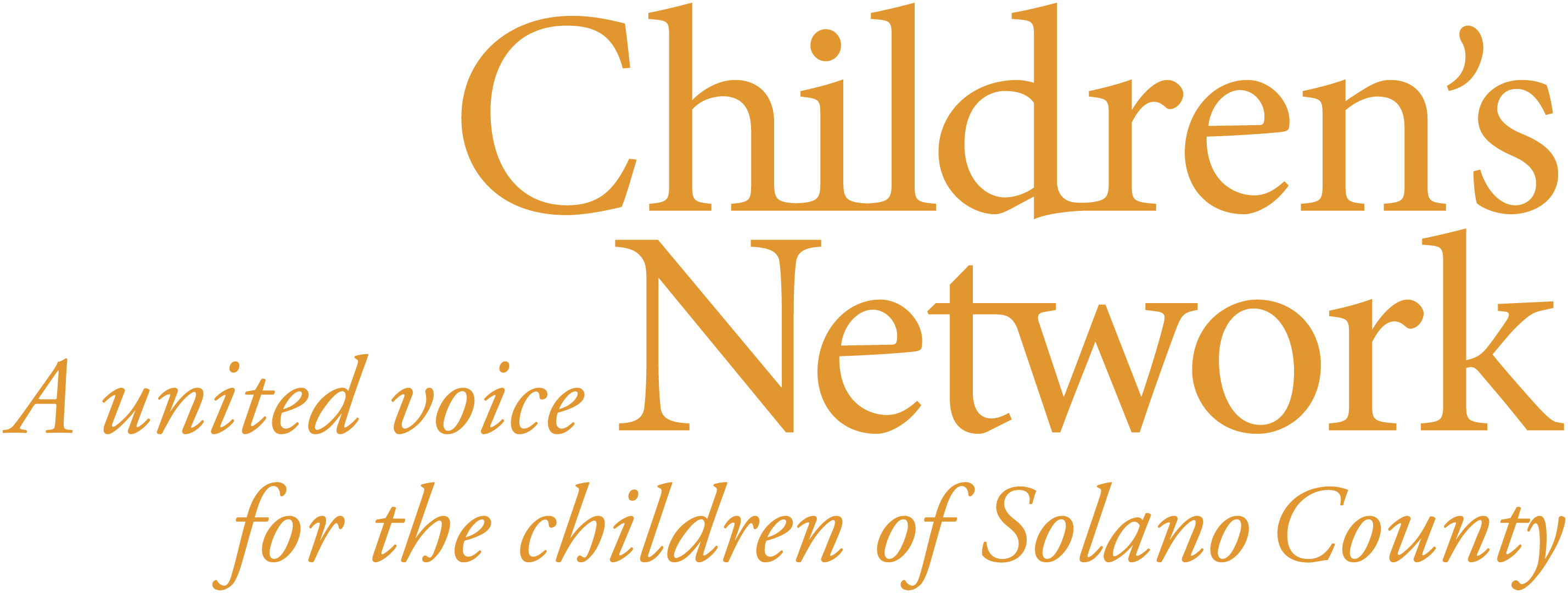
What Role Can Child Care Providers
and Educators Play?
Outside the family, no one has more contact with young children than child care providers or educators. Your relationship with children and families are unique.
Childcare and Educators:
You model behaviors for children and families that they may adopt at home, from demonstrating empathy to showing how to provide physical care to setting boundaries.
Since you are most likely seen by the parents as allies, your feedback or referrals to families may be likely be welcomed, not resented.
What Can You Do?
Child development
Share information about child development when you see or suspect that parents have unrealistic expectations of their children's behaviors.
Let's add some links to ages & stages or other developmental information. A list of resources that child care providers and educators can share with parents.
Increase your knowledge about engaging with families
Learn from Head Start or Solano Family & Children Services about how to create positive professional and relationships with the families you work with, especially children who are dual-language learners.
Attend trainings - and share what you learn
Take advantage of training opportunities that include Trauma Informed Care, Child Abuse Mandated Reporter Training, Adverse Childhood Experiences ACEs assessment, protective factors.
-
Caltrin
-
First Aid
You care about the kids in your class - and they know it.
Ask if something seems wrong. As a trusted adult in their lives, you are someone they can confide in.
Take that extra step
As mandatory reporters, you are required to report cases of suspected abuse. Since many cases are not investigated and neglect is even more common than physical abuse, your efforts to connect families with resources can go a long way. Parents can benefit from referrals to agencies like
Don't be afraid to have discussions about hard topics
Bullying, mental health, depression, abuse, and stress aren't easy subjects, but they can open doors to valuable conversations.
Be a resource to families
Have a good working knowledge of local resources so you can be a source of information for families. Help connect parents with specific needs to the appropriate organization. If possible, make a "warm referral" offer to reach out.
Learn about how trauma-informed care can help children in your school
I'm a paragraph. Click here to add your own text and edit me. It's easy.
Promote, advocate for and support the success of the Family Resource Centers in your school district
I'm a paragraph. Click here to add your own text and edit me. It's easy.
